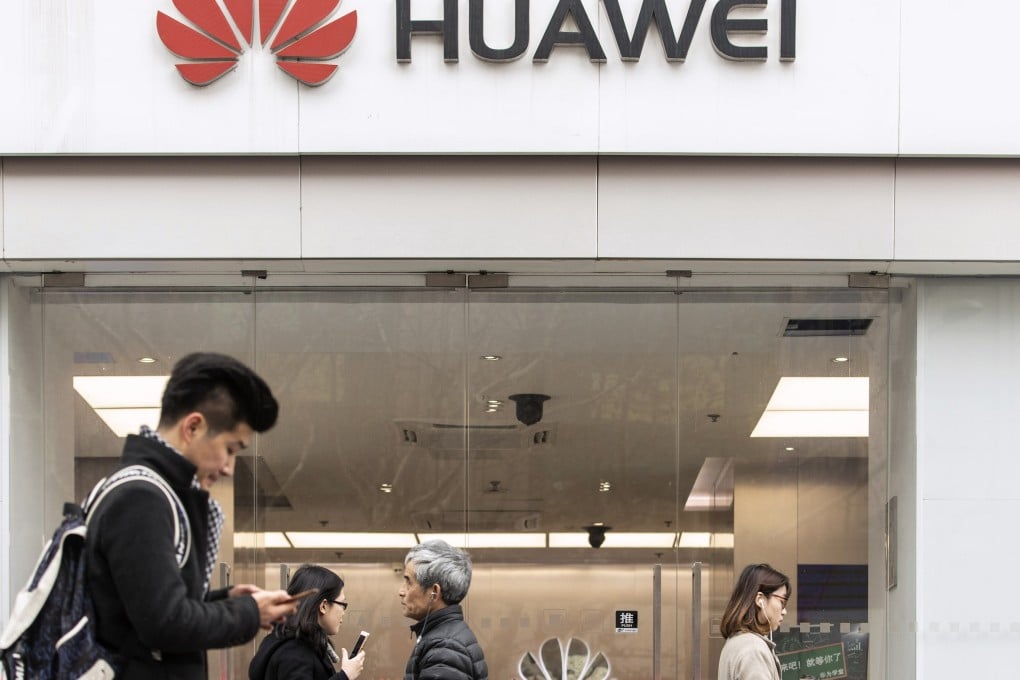How the US took more than a decade to build its case against Huawei
- The indictment alleged Huawei’s long-running scheme to deceive the US and numerous global banks about its business in Iran

The United States has been investigating Huawei Technologies for possible violations of trade sanctions since at least 2007, when FBI agents questioned its founder in New York about the Chinese telecommunication equipment manufacturer’s business activities in Iran.
The founder, whose name was redacted in the indictment filed on Monday in the US, was identified in the documents as “Individual-1”. He said at the time that Huawei was compliant with US export laws and did not deal directly with any Iranian company, according to the 13-count indictment unsealed in federal court in Brooklyn, New York.
Shenzhen-based Huawei was founded in 1987 by Ren Zhengfei, who built a small vendor of telephone switches into the world’s largest telecoms equipment maker and second-biggest smartphone supplier that is forecast to earn US$125 billion in revenue this year.
“During the interview, amongst other things, Individual-1 falsely stated, in substance and in part, that Huawei did not conduct any activity in violation of US export laws and that Huawei operated in compliance with all US export laws,” the indictment said.
The FBI’s questioning of Huawei’s founder in July 2007 showed that American law enforcement authorities had suspected the company of illegal activities in Iran since at least the administration of US President George W Bush.